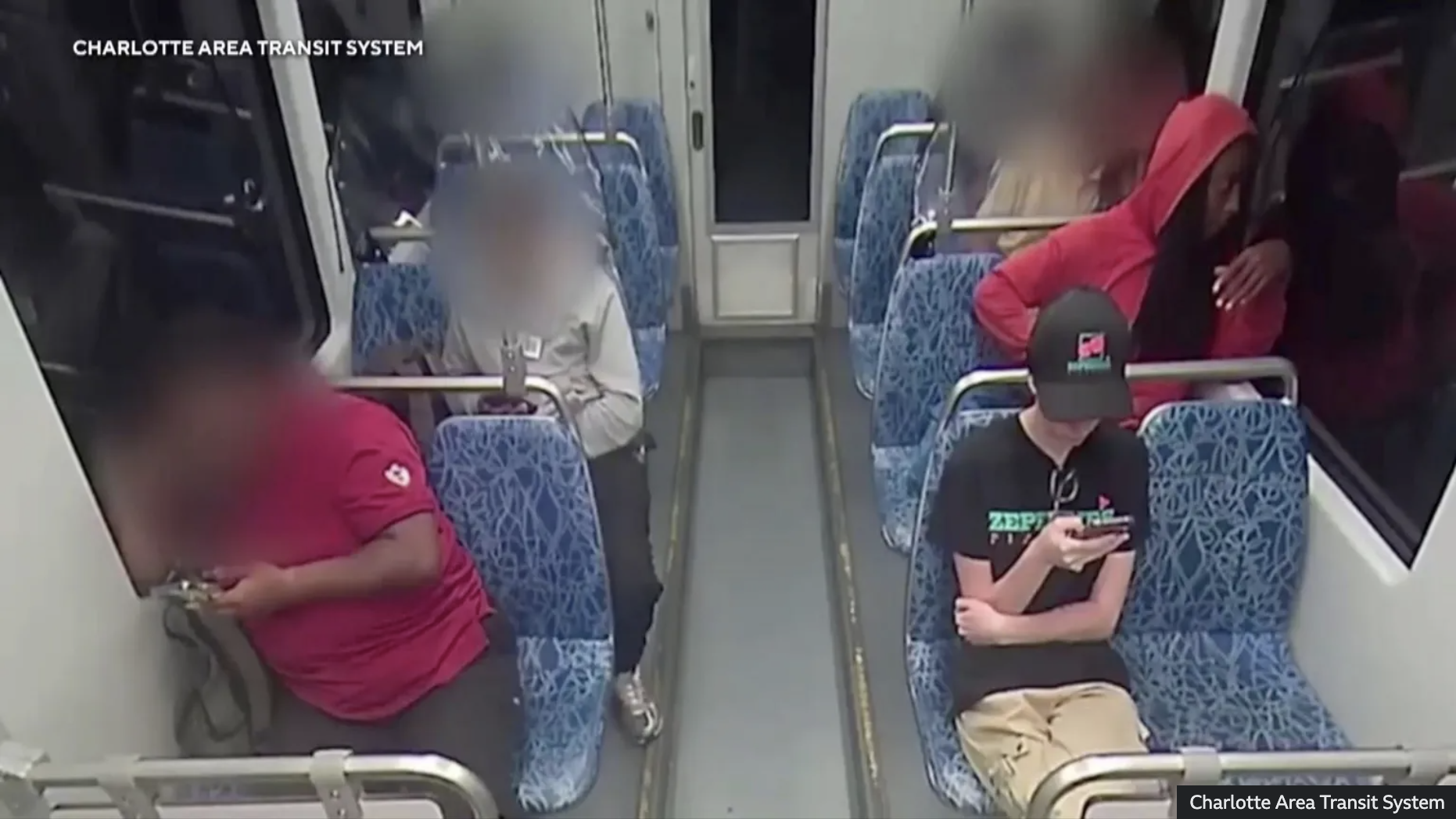Charlotte Tragedy Sparks New Legislation on Violent Offender Detention

In the wake of a shocking murder on Charlotte’s light rail system, federal lawmakers are moving swiftly to challenge controversial bail reform policies that critics say are endangering public safety.
Congressman Tim Moore has co-led the introduction of the Keep Violent Criminals Off Our Streets Act, a bill aimed at ending what he and other lawmakers call “soft-on-crime” practices—specifically, policies that eliminate cash bail for violent offenders. Moore joined forces with House Republican Conference Chair Elise Stefanik, who introduced the legislation in the House. The companion bill is led in the Senate by U.S. Senator Marsha Blackburn.
The legislative push follows the August 22 murder of 23-year-old Iryna Zarutska, a Ukrainian refugee who was fatally stabbed on a Charlotte light rail train by Decarlos Brown Jr., a man with fourteen prior criminal arrests who had been released under a policy allowing him to walk free on a promise to appear in court.
“Iryna Zarutska should still be alive — her blood is on the hands of every single person who made it possible for this monster to walk free,” said Congressman Moore. “That’s why I’m co-leading this bill to cut off federal funds to any state or city that refuses to detain violent offenders. If leaders willingly refuse to do their job to lock up dangerous criminals, they shouldn’t get a dime of federal support.”
The legislation specifically targets Edward Byrne Memorial Justice Assistance Grants—a key source of federal funding for local law enforcement and criminal justice programs. Under the proposed bill, any state or locality that has laws or policies prohibiting the use of cash bail for violent offenders would become ineligible to receive these federal grants.
According to the bill text, “covered offenses” include violent crimes such as murder, rape, sexual assault, carjacking, and robbery, as well as crimes that promote public disorder like looting, rioting, vandalism, and fleeing law enforcement. The bill applies not only to adults but also to juveniles charged with violent crimes.
Chairwoman Stefanik directly called out New York’s bail policies under Governor Kathy Hochul as emblematic of the dangers posed by eliminating cash bail. “Under Kathy Hochul’s failed leadership, cashless bail policies in New York pose a clear and present danger to the Nation and must be terminated,” said Stefanik. “We can’t allow arrested individuals who are awaiting trial to be released back onto the streets to commit more crimes against their communities.”
Senator Blackburn echoed these concerns, saying, “Cashless bail and other soft-on-crime policies have empowered violent criminals across our country, putting the lives of law-abiding citizens at risk. President Trump is leading the charge to restore law and order by ending these failed policies.”
The bill would take effect at the start of the next fiscal year following its passage, and its sponsors hope it sends a strong message to state and local governments: if you won’t detain dangerous criminals, you won’t receive federal aid meant to support criminal justice efforts.
While advocates for criminal justice reform argue that cash bail unfairly penalizes the poor and contributes to mass incarceration, critics of cashless bail say the policy has gone too far—allowing repeat and violent offenders back on the streets with no guarantee they’ll show up for trial or avoid committing new crimes.
The Charlotte tragedy has reignited a national debate over how best to balance public safety with justice reform. With bipartisan frustration growing over rising violent crime in urban areas, this bill could become a rallying point in upcoming policy discussions and campaign platforms.
As the 119th Congress continues its session, the Keep Violent Criminals Off Our Streets Act represents a growing effort among lawmakers to reassert a tough-on-crime stance, especially in states and cities where bail reform has led to controversial outcomes. Whether the legislation gains traction in both chambers remains to be seen—but for now, it puts the issue of cashless bail back in the national spotlight.
RECENT










BE THE FIRST TO KNOW
More Content By
Think American News Staff











